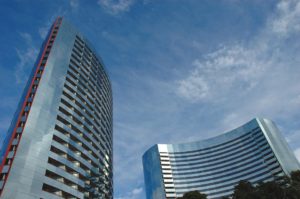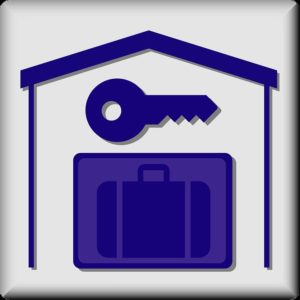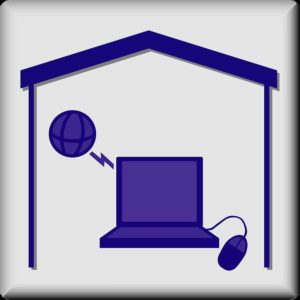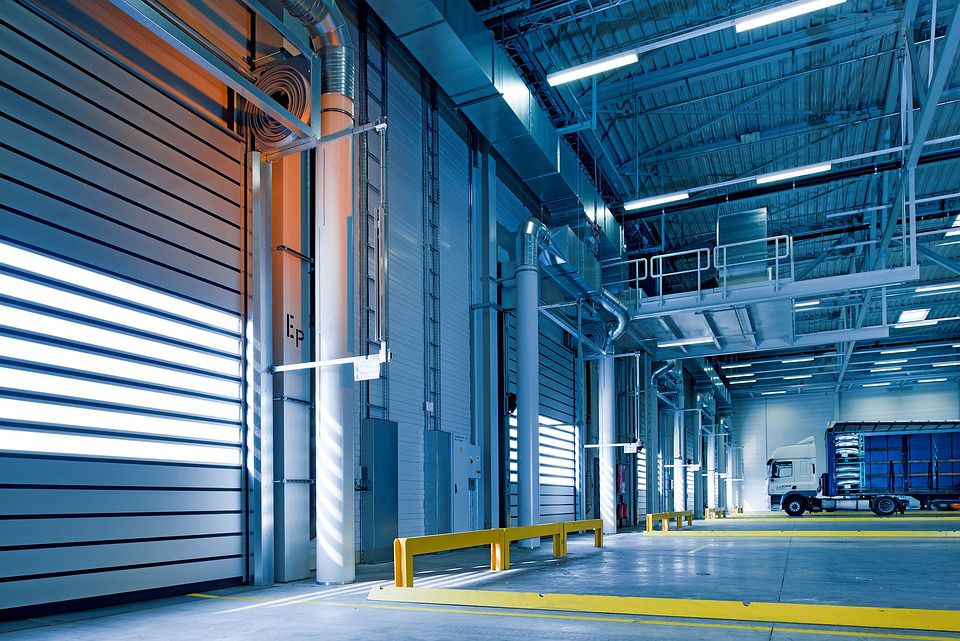In order to run a successful moving company today, you have to find the right combination of man and technology. Too much of either leads to too many risks and potential consequences. And this rule of thumb can be applied to the management of business facilities. Whether we are talking about a warehouse, truck garage, offices, or storage spaces, it really makes no difference. The essential thing that you need other than a qualified facility manager is good facility management software. And this is exactly what we are going to discuss today. Given that we deal with the development of moving companies in all aspects, this is yet another operational element that you need to invest in.

Professional facility management (FM) software requirements
FM software represents the foundation of businesses when it comes to the concepts of planning, delivery, and quality of services. Many professional relocation companies have adopted this as a valuable tool in their movers’ software arsenal. Due to the nature of their business, moving service providers have specific requirements for good facility management software.
- Functionality plays an important. As you know, planning, dispatch, execution, and monitoring of services are important for professional movers. And from a functional aspect, this software enables mobile solutions for
- field and maintenance services,
- compliance with health and safety regulations,
- support stock and purchase management, and
- operational controlling and monitoring.
- Good facility management software leads to standardization. For moving companies, process standardization is essential for business. With it, you can increase efficiency and flexibility, and improve the output and quality of your services. Plus, it helps boost profit and competitiveness. FM software helps centralize business processes and workflow for multiple customers all at once.
- Financial integration of billing processes. In most cases, billing is handled by a financial system or ERP software. So, the time you spend on certain projects, travel expenses, and the materials you use – FM software counts all this for you.
- Moving business continuity. Both operational users and managers need easy and web-based access to the FM system, at any time and in any place. You need to be able to provide international support in a time-efficient manner. And you need to be able to secure the installation of new software updates on a regular basis, along with secure data and system backups. All this put together leads to continuity of business.
Common features of good facility management software
Facilities management software helps make maintenance and improvements easier to schedule. It provides an accurate estimate of the valuable resources necessary for day-to-day operations. So, when it comes to the features to look for in facilities management software, these 8 features are a must-have:
#1: Asset management

Helps users differentiate and track physical assets. Managers can use data to make informed decisions about upcoming orders and budgets. This includes:
- managing equipment and inventory,
- tracking location,
- recurring costs,
- condition reports, and
- recording relevant data on warranties,
- service schedules,
- technical specifications,
- parts inventories etc.
#2: Maintenance management
Good facility management software helps with preventative maintenance and scheduled maintenance for routine tasks. Preventative maintenance, as the name suggests, is there to protect equipment and facilities from potential problems. And the criteria it uses are time and meter-based. So, it works like a sort of alarm clock for services needs. This is a feature that helps managers stay current with safety codes, permits, and industry rules, as well as respond to audit requests.
#3: Inventory and Procurement
Ensures the upkeep of appropriate parts, tools, and materials by tracking specific inventory locations; and allows built-in order placement/purchasing. Some FM software tools may need to integrate other company systems to enable inventory tracking.
#4: Administrative management
This refers to relocation portfolios and orders, and the overall billing for your facility. And this offers comparisons on financial data and performance. As a result, admins should also be able to standardize job and material expenses to prioritize work, reporting, and accounting.
#5: Labor Resource Tracking
Track employee labor and HR paperwork, and make sure certifications and documents are up-to-date. Some systems may also include time tracking and invoice processing. This is helpful if you work with outside contractors, for example.
#6: Mobile capabilities
Cloud-based platforms offer a real-time data exchange between maintenance supervisors and are accessible from nearly any device. This allows office personnel and on-the-ground maintenance staff to stay in communication and prioritize tasks. And at a minimum, look for a mobile web interface, but note that native mobile apps (for Android and iOS devices) are going to work best.
#7: Reporting with the help of good facility management software

Creating detailed reports about data present in good facility management software is a key feature. And quality FM software should help to organize the data you have available and provide simple, no redundant reporting. Additionally, the data present in your facilities management software should also feature the ability to be imported into another software system or CRM solutions. All this serves to evaluate operational performance and company expenses.
#8: Scheduling
Accurate and timely scheduling is crucial for business managers. That way, they can make smart decisions and capitalize on the available time they have for various projects. So, scheduling software should provide easy input features for date & time. Also, the ability to notify individuals of their need to participate in planned events. And finally, the ability to schedule in-advance routine maintenance.
Advantages of good facility management software
Dashboard for managerial tasks
A comprehensive facility maintenance platform works to extend the lifespan of assets. In turn, you can minimize the cost of ownership. It is through scheduled and preventative maintenance, this kind of software cuts down on reactive maintenance costs and inconveniences.
For a facility manager to maintain a smooth schedule, they need to develop an optimized asset upkeep schedule. Users can access detailed reports to determine replacement times and costs. Thus, managers can track labor resources and determine employees most qualified for specific assignments.
Well-developed resource planning strategy
A good facility maintenance software platform can help organize the administrative, inventory, and labor resource aspects of an organization. So, the streamlined connection between office administrators and service technicians minimizes miscommunication and increases efficiency between departments.

The user can connect specific jobs with qualified employees and track job times for future decision-making. Managers also use facilities management to determine ongoing maintenance needs and provide upkeep for existing assets.
Good facility management software helps reduce energy costs
With facilities management software, organizations can reevaluate their energy performance and identify areas to cut waste. All the while, dashboards offer a detailed view of energy consumption, resource allocation, and time per job to point out operational inefficiencies. So, this analysis demonstrates how an organization is performing and where there’s room for improvement.






